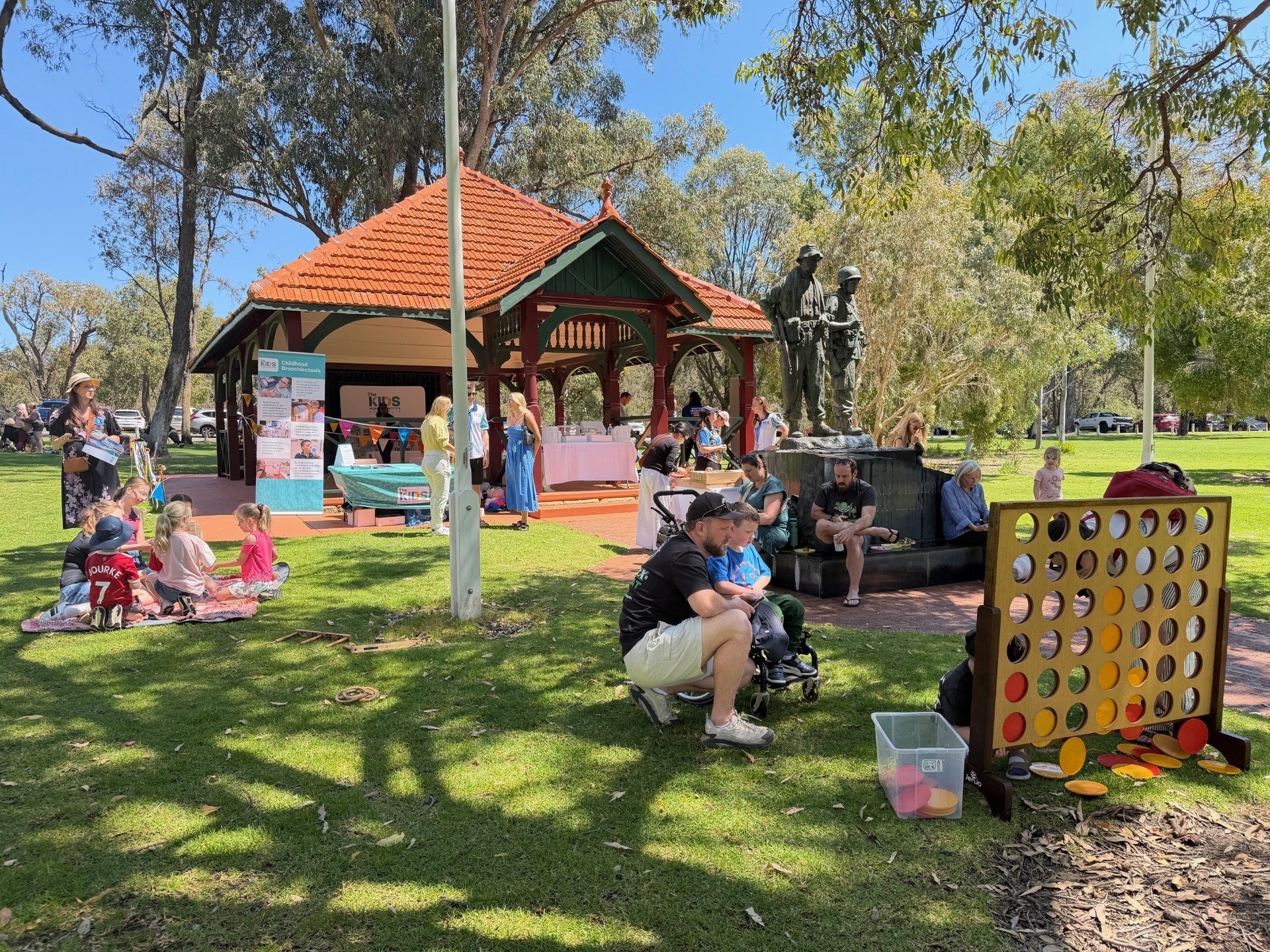Search

Phagocyte extracellular traps in children with neutrophilic airway inflammation Childhood lung infection is often associated with prominent

An adapted novel flow cytometry methodology to delineate types of cell death in airway epithelial cells Cystic fibrosis (CF) lung disease is

Overcoming Challenges to Make Bacteriophage Therapy Standard Clinical Treatment Practice for Cystic Fibrosis Individuals with cystic fibrosis (CF)

News & Events
A BRIGHT day for little lungsFamilies affected by bronchiectasis gathered in Kings Park recently for a special event hosted by the BRIGHT Study team, celebrating community, connections, and conversations.

News & Events
Combatting Antibiotic-Resistant Superbugs: Phage Therapy's Role Explored in Medical Forum WA MagazineOn the front cover of this month’s Medical Forum WA Magazine - Superhero viruses, #AI and the final phage.

Reply to Turnbull et al. and Hulme et al. Reply to Turnbull et al. and Hulme et al. Authors: Oded Breuer, Andre Schultz, Lidija Turkovic, Nicholas de

The role of geographical location and climate on recurrent Pseudomonas infection in young children with Cystic Fibrosis Abstract Objectives: To

Multiple Breath Washout Outcomes Are Sensitive to Inflammation and Infection in Children with Cystic Fibrosis The multiple breath washout technique

Identifying pediatric lung disease: A comparison of forced oscillation technique outcomes Abstract Rationale Increasing evidence suggests the forced

Changing Prevalence of Lower Airway Infections in Young Children with Cystic Fibrosis Aspergillus is a type of fungus that is found everywhere in
